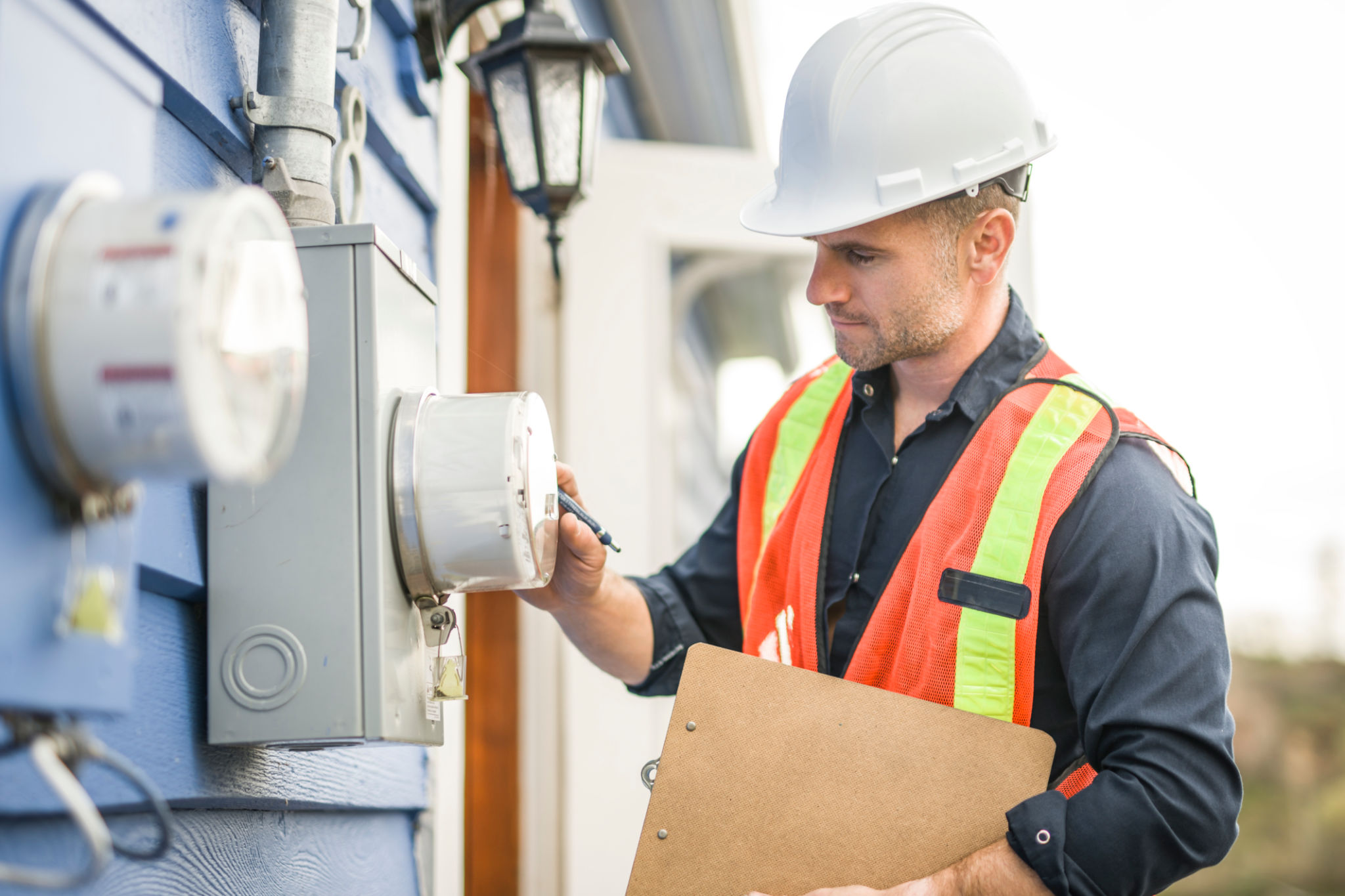Debunking Common Myths About Electrical Testing
fp
Understanding Electrical Testing Myths
Electrical testing is a crucial aspect of maintaining safety and efficiency in both residential and commercial settings. However, several myths surrounding this practice can lead to misunderstandings and potential hazards. In this blog post, we'll debunk some of the most common myths about electrical testing to provide clearer insights into its importance.

Myth 1: Electrical Testing Is Only Necessary for Commercial Buildings
One widespread misconception is that electrical testing is only important for commercial properties. In reality, residential properties are equally susceptible to electrical failures and fire hazards. Regular electrical testing can identify potential issues in homes, such as faulty wiring or outdated circuit breakers, which can prevent accidents and ensure the safety of your family.
Whether it's a single-family home or a large commercial building, electrical systems must be routinely inspected to comply with safety standards and regulations. Regular testing helps in early detection of issues, potentially saving lives and reducing repair costs.
Myth 2: Electrical Testing Is Only About Checking Wires
Many people assume that electrical testing only involves checking wires, but it encompasses much more. Comprehensive electrical testing includes the examination of electrical panels, circuit breakers, outlets, and even appliances. Technicians use specialized tools to measure the flow of electricity and ensure everything functions within safe parameters.

Moreover, modern electrical testing also involves assessing energy efficiency and identifying opportunities for improvements. This can lead to reduced energy consumption and lower utility bills, benefiting both the environment and your wallet.
Myth 3: DIY Electrical Testing Is Sufficient
With the abundance of DIY tutorials available online, some homeowners believe they can conduct electrical testing themselves. However, electrical systems are complex and require a professional's expertise to ensure thorough inspection. Attempting DIY testing without proper knowledge and tools can be dangerous and may lead to incorrect assessments.
Professional electricians are trained to identify subtle signs of wear and tear that untrained eyes might miss. They also have access to advanced equipment that ensures accurate readings and diagnostics.

Myth 4: Electrical Testing Is a One-Time Requirement
Another common myth is that once an electrical system has been tested, there's no need for future inspections. In truth, electrical systems can deteriorate over time due to various factors such as environmental conditions, wear and tear, or changes in energy demand. Regular testing is essential to maintain optimal performance and safety standards.
Industry standards often recommend annual inspections for most settings, but the frequency can vary based on the type of property and its usage. Scheduling routine tests can help detect problems early and prevent costly repairs in the long run.
The Importance of Professional Electrical Testing
The myths surrounding electrical testing often downplay its significance. Understanding the facts helps property owners recognize the importance of regular inspections conducted by qualified professionals. Not only does it ensure safety and compliance, but it also enhances energy efficiency and reliability.
By debunking these myths, we hope to encourage more people to prioritize regular electrical testing in their maintenance routines, safeguarding their properties and loved ones from potential hazards.